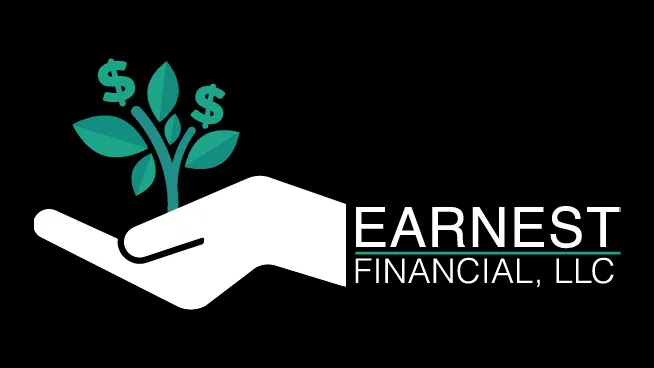KANSAS (KSNT) – The Tax Foundation recently published a report ranking Kansas 23rd in the nation for tax competitiveness. We spoke to a Kansas State University professor about what it means for the Sunflower State.
K-State College of Business Administration Professor Amy Hageman studies public interest elements of taxation. She said Kansas ranks in the middle of the pack nationally for tax competitiveness. She said the most competitive states are the ones that could afford to drop certain types of taxes.
“Wyoming, for instance, they’re ranked number one,” Hageman said. “They don’t have an individual income tax. They don’t have a corporate income tax. What they do have, which isn’t really captured here, is they have a pipeline property tax because of oil and natural resources. We [the State of Kansas] don’t have that. We’re not going to be able to get rid of individual and corporate income tax and fund things with a pipeline property tax.”
Topeka advances plan to tackle 'missing middle' housing gap
According to the Tax Foundation’s 2026 State Tax Competitiveness Index, Kansas ranks 23rd in the nation for tax competitiveness.
According to the index, Kansas ranks:
- Corporate Taxes: 26th.
- Individual Income Taxes: 28th.
- Sales Taxes: 21st.
- Property Taxes: 26th.
- Unemployment Insurance Taxes: 4th.
In 2025, Kansas enacted tax legislation that eliminates certain property tax levies, targets a flat income tax, introduces sales tax exemptions for data centers, establishes an online insurance verification system and allows income tax exemptions for unborn and stillborn children.
One of those pieces of legislation passed in 2025, Senate Bill 269, uses tax triggers to transition the state to a flat 4% individual income tax rate. Kansas currently has a two-bracket corporate income tax structure with a “normal tax” rate of 3.5% and a “surtax” of 3% bringing the combined rate to 6.5%. Under the legislation, the surtax would be reduced until the combined rate of the normal tax and surtax reaches 4%.
Hageman said the legislation doesn’t guarantee lower taxes because certain conditions would need to be met to gradually reduce the corporate and individual tax rates. She said the earliest that could start to happen would be in 2026.
“It will be interesting to see, first of all, does that even happen?” Hageman questioned. ”Are the trigger mechanisms satisfied? Does that change? Also, if they are satisfied, does that change the ranking?”
THC ban in federal spending deal puts Kansas hemp market at risk
Out of the four bordering states, Missouri, Oklahoma and Nebraska all ranked higher than Kansas, with Colorado being the only border state that had a less competitive tax code. According to the tax competitive index, Kansas’ border states ranked:
- Missouri: 12th.
- Oklahoma: 19th.
- Nebraska: 22nd.
- Kansas: 23rd.
- Colorado: 33rd.
Hageman said Kansas has a higher individual tax rate than any of the bordering states at 5.58%. She said the individual tax rate goes into effect after $23,000 in taxable income, making it apply to most people. She said Kansas also has a higher corporate tax rate than all of its border states at 6.5% while Oklahoma and Missouri are around 4%.
“In terms of a percentage difference, that’s like 50% more for Kansas than the others,” Hageman said.
For more local news, click here. Keep up with the latest breaking news in northeast Kansas by downloading our mobile app and by signing up for our news email alerts. Sign up for our Storm Track Weather app by clicking here.




